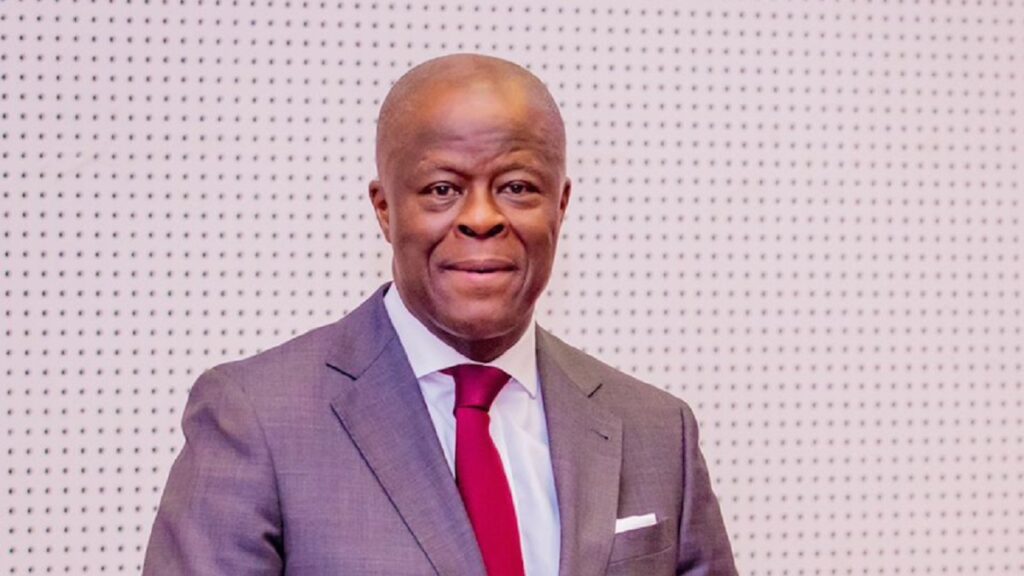Nigeria’s Economy Achieves Stability Amid Reform Efforts, Says Finance Minister
In a recent Zoom dialogue meeting, Mr. Wale Edun, the Minister of Finance and Coordinating Minister of the Economy, announced that Nigeria’s economy has experienced relative stability over the past 18 to 20 months. Edun highlighted the resilience of the economy, which narrowly avoided collapse after relying on illegally borrowed central bank funds that exceeded regulatory limits.
“Currently, the economy is on an upward trajectory, with a growth rate of approximately 3.84% in the last quarter of 2024, surpassing the annual target of 3.4%,” Edun stated. He noted a positive trend in inflation, which decreased by 1.3 percentage points from January to February, while food inflation also showed signs of decline. Edun attributed the decrease in petroleum and energy costs to favorable sectoral dynamics.
The minister pointed out that the stabilisation of the exchange rate has had a beneficial impact on imported goods and services, including healthcare and education. He reported that the balance of trade remains positive, with government revenues increasing by 20% in 2024. “All economic indicators are moving in the right direction,” Edun remarked, adding that the budget deficit is shrinking and debt servicing as a percentage of revenue has significantly reduced.
“Most importantly, the cost of living is gradually improving. The government is now concentrating on further stabilisation and fostering an environment conducive to private sector investment,” he explained.
Edun also mentioned plans for a tax reform bill aimed at raising the top-end personal income tax rate from 18.6% to 25%, alongside efforts to tighten government expenditures. He identified key sectors driving economic growth, which include agriculture, housing, and infrastructure.
On agriculture, Edun emphasized the government’s commitment to promoting good harvests through advanced farming techniques. In the housing sector, he introduced a 25-year low-interest mortgage plan designed to address the housing deficit. Additionally, he announced the Highways Management and Development Initiative (HMDI), aimed at concessioning major highways to enhance road infrastructure.
Transitioning from concessional and bilateral financing, the minister noted a shift towards more affordable funding sources, including domestic bond issues. He affirmed the government’s dedication to resolving legacy debts for pensioners, stating that over N700 billion in bonds has been issued for pension payments.
Recognizing Nigeria’s status as an oil-dependent economy, Edun stressed the government’s initiative to create a safe, investor-friendly environment for oil operations. This includes maximizing revenue from fossil fuels while encouraging public-private partnerships, joint ventures, and privatization to boost investments.
“Now is the time for equity, revenue generation, and private sector participation, both domestically and internationally,” he concluded, as the government continues to navigate the complexities of economic reform and development in Nigeria.


